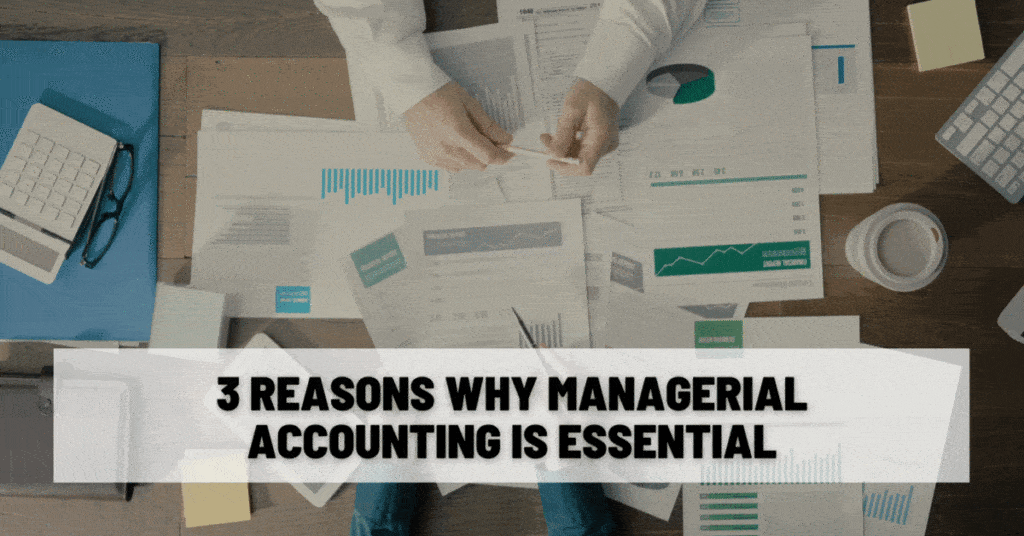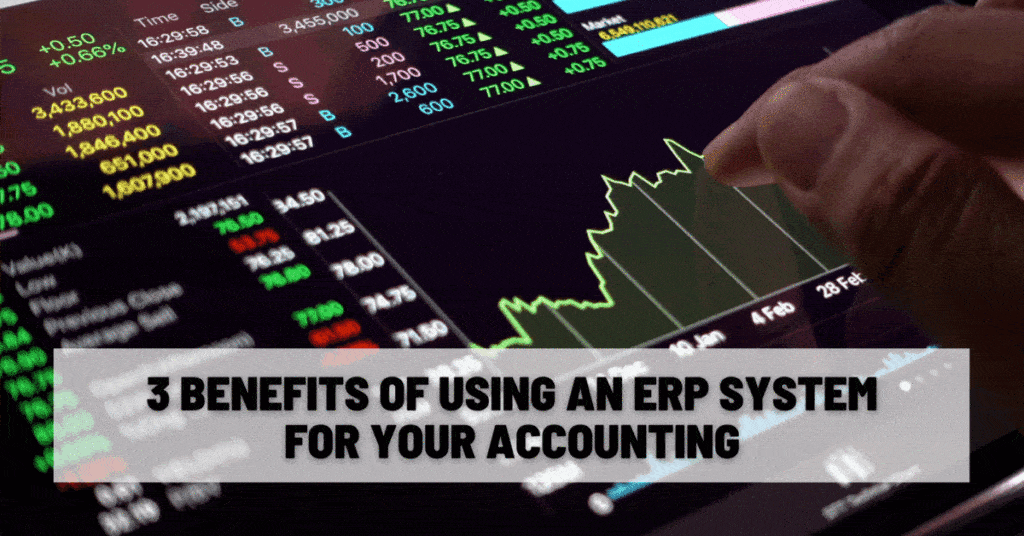3 Reasons Why Managerial Accounting is Essential
Managerial accounting is a field of accounting that provides economic and financial information for internal use by a company’s management to make informed business decisions.
Wait, don’t say it. We know what you’re thinking: “That definition’s just too specific and helpful.”
Well, OK fine, you’ve got a good point. The definitions do indeed get pretty broad here, because managerial accounting is entirely internal. The data it works from comes from your business, its processes come from your accountants (or contractors, or software if you have a robust enough toolset), and its intended audience is your business’ leadership.
Because managerial accounting is internal from start to finish, there’s no standard set of rules for how it should be done, or what exactly you should expect to get out of it. That said, there are three broad-strokes categories of benefits that really exemplify why managerial accounting is so useful.

Better Decision-Making
The first benefit of managerial accounting is decision making. By analyzing your current situation with real numbers, you can make better decisions about future growth opportunities than you would otherwise. This might sound like an obvious statement, but it’s important to note that most businesses don’t have a clear picture of where their money is going.
When you run through your accounts regularly and compare them against previous periods, you’ll notice trends and patterns. They’re hard to pick out on your own, but the math doesn’t lie, so managerial accounting gives you the insights and understanding you need to support decision-making and ensure that every choice you make is beneficial for your company’s short-term and long-term goals.
Metrics and Evaluation
On a related note, you can’t fix your business’ problems if you don’t know what needs fixing. It’s surprisingly hard just to define “success” for certain facets of a business. When you want to identify problem areas or replicate your own successes, you need concrete goals and benchmarks.
If you try to, say, decide how much revenue your sales staff has to create before they can be considered successful, you might end up just pulling a number out of the air. But, with managerial accounting, you can identify the stats that reliably translate into long-term gains, and set reasonable short-term targets based on those metrics.

Planning and Control
Managerial accounting gets pretty granular. It can feel like you’re getting lost in the weeds at times, but with a good team, good accounting practices, and good software, you can go through every part of your business with a fine-toothed comb without losing sight of the big picture. You can plan for the future, evaluate past performance, and keep track of your progress toward achieving your goals.
This last one is particularly important when you’re running a growing business. With managerial accounting, you can see how your company is doing relative to industry standards. If you find yourself lagging behind, you can figure out which aspects of your process need improvement and adjust accordingly.
To find out how AcctVantage ERP can support your ongoing business growth and success, click here to get in touch with us.




